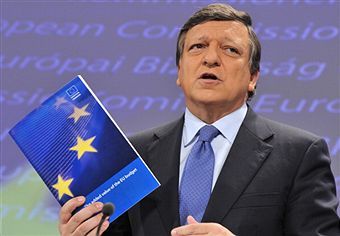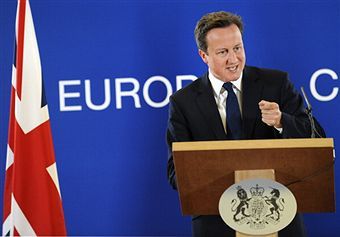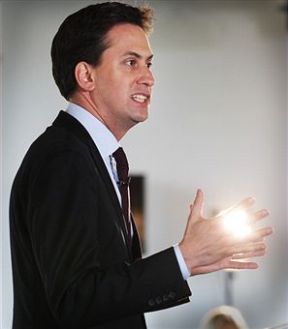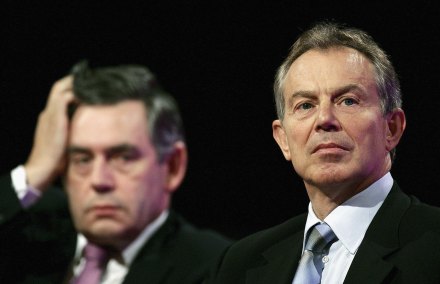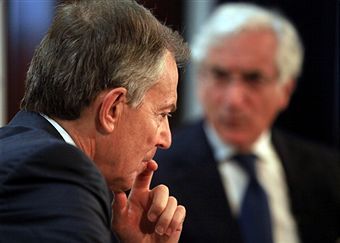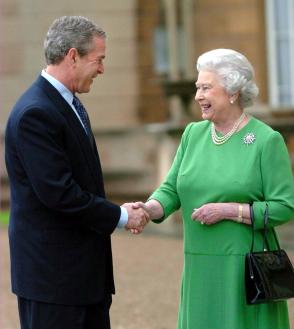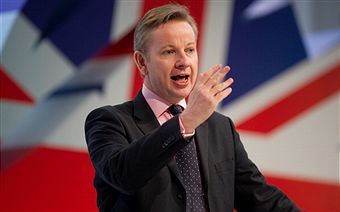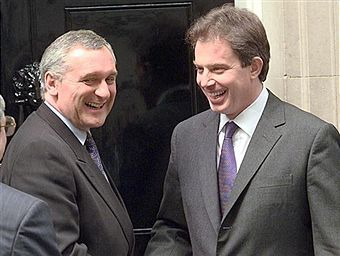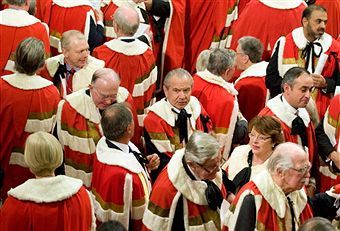From the archives: When Gordon loved Rupert
Gordon Brown graced the political stage with a rare cameo this week – if half an hour of deluded invective masquerading as reasoned piety qualifies as a cameo. Brown would have you believe that he had nothing to do with Rupert Murdoch. This following piece by Peter Oborne says otherwise. The murderous intent of Gordon Brown, Peter Oborne, 20 April 2002 This Friday a triumphant Gordon Brown flies to New York for a business conference. The Chancellor and his colleagues perhaps see the trip as a well-earned break. In No.10 Downing Street there is a temptation to take a more jaundiced view, and interpret it as a quick




